From Ottoman memories
President Recep Tayyip Erdogan won a narrow victory in the second round of elections held on May 28 to win a third term. With 99.43% of votes counted, official results released by Turkey's Supreme Election Council (YSK) on Sunday showed Erdogan winning with 52.14% of the vote, while his opponent, opposition leader Kemal Kilicdaroglu, received 47.86%.
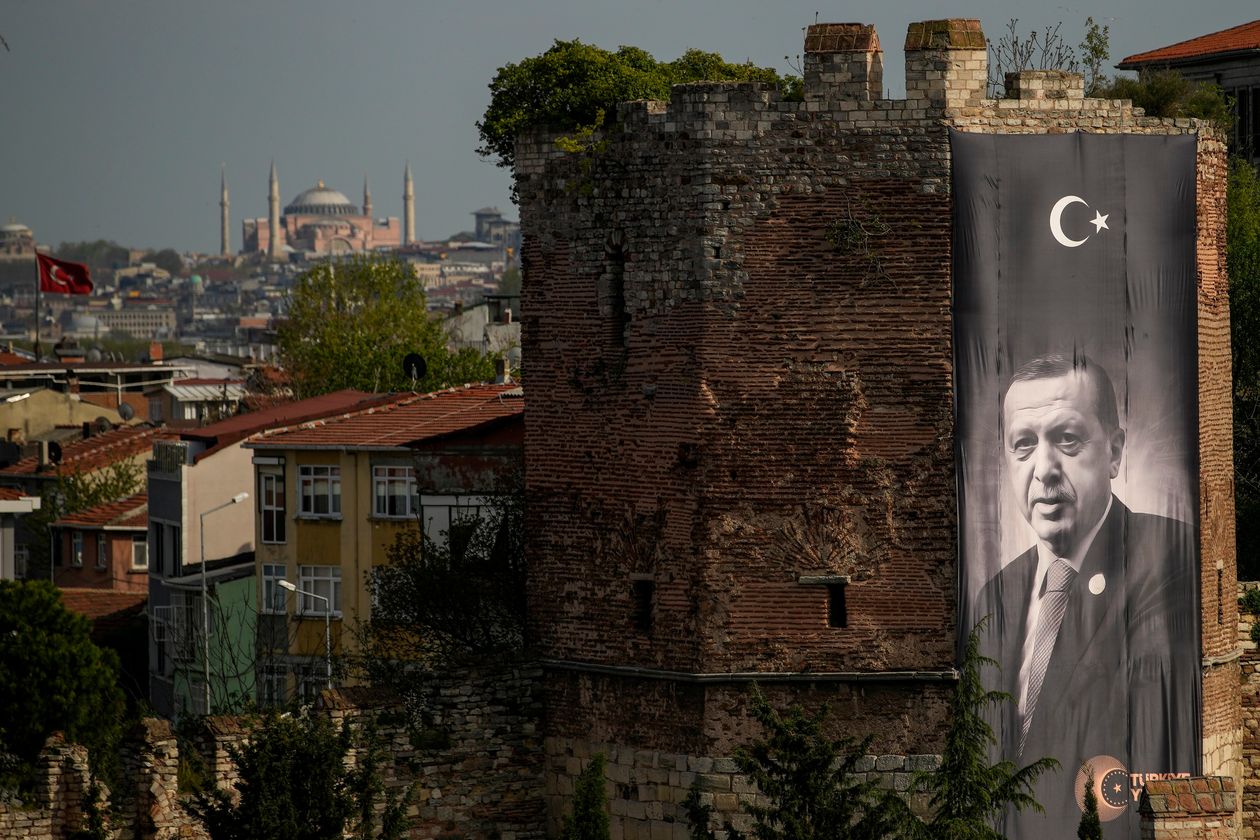
A giant banner supporting Mr. Erdogan hangs on a wall in Istanbul during this year's Turkish presidential election campaign - Photo: Wall Street Journal
Erdogan will thus remain in power for another five years, becoming Turkey's longest-serving head of state in modern times. In a speech to a sea of cheering supporters in the grounds of the Presidential Palace in Ankara after his victory on Sunday evening, Erdogan reiterated that Monday (May 30) would mark the anniversary of the conquest of Constantinople in 1453, thereby drawing a line from the past to Turkey's present footprint on the world stage.
“Tomorrow we will mark the conquest of Istanbul once again. How beautiful the commander and how beautiful his soldiers, as they say. I consider all of you sons and daughters of those ancestors,” the 69-year-old politician said. “These elections will be remembered as a turning point in history.”
History seems to weigh heavily on Erdogan’s mind. This is not the first time Erdogan has mentioned the glory of the Ottoman Empire. He has referred to Türkiye’s memory of it many times during this year’s presidential campaign. As one of the most prominent Muslim leaders, Erdogan has positioned Türkiye as a rival to Saudi Arabia and Iran for influence in the Muslim world.
President Erdogan has also expanded Türkiye's political influence across the Middle East and Central Asia, fostering an impressive arms industry and playing a major role on the international stage, in issues related to the Russia-Ukraine conflict and the wars in Syria, Iraq and Libya.
Now, as he begins his third decade in power, the world will be faced with a statesman who is as flexible as he is unpredictable – one who, after surviving a coup attempt and multiple domestic crises, has excelled at wringing concessions from allies and rivals alike as he pivots.
“He will continue to be a transactionalist,” said Soner Cagaptay, author of several books on Erdogan and director of the Turkish Studies Program at the Washington Institute for Near East Policy.
Economic challenges
But political analysts say cementing Mr Erdogan's vision of Türkiye as a great power will be difficult. The very problems that have won his opponents significant support - a falling currency and one of the world's highest inflation rates - have limited Mr Erdogan's room to maneuver and show signs of worsening.
The Turkish lira fell 0.4% on Monday, trading near a record low of 20.16 to the dollar. Türkiye's central bank has stepped up its defense of the lira against the risk of depreciation, depleting the country's already limited foreign reserves. The cost of insuring against default on Turkish government bonds in foreign currencies has risen by nearly 25%, according to the Wall Street Journal.
To achieve his global ambitions, Erdogan must address the country’s financial woes. Turkey’s foreign assets have been in the red after years of spending tens of billions of dollars to prop up the lira, which has lost nearly 80% of its value against the dollar over the past five years as Erdogan pressured the central bank to cut interest rates despite high inflation – the opposite of what central banks around the world do.
Türkiye’s need for foreign currency has deepened Erdogan’s dependence on Russia and the Gulf states. Moscow sent Türkiye $15 billion last year to build a nuclear power plant and postponed Ankara’s payments for natural gas that could run into billions of dollars, providing a much-needed bailout for Türkiye’s finances.
In the Middle East, President Erdogan’s government has recently restored relations with a series of longtime rivals in an effort to end years of tensions stemming from his support for many of the 2011 Arab Spring uprisings. By mending ties with Saudi Arabia, the UAE, Egypt and Israel, Erdogan hopes to ease Türkiye’s regional isolation and ease the country’s foreign currency shortages.
But economists say the influx of money from Russia and the Gulf will not be enough to rescue Turkey’s roughly $900 billion economy. “President Erdogan still has no reasonable solution to these problems. He doesn’t have a clear program to deal with it and will be in trouble after the election,” said Ilhan Uzgel, an analyst and former head of the international relations department at Ankara University.
Foreign affairs problems
On the foreign policy front, the top challenge on Mr. Erdogan’s agenda will be resolving the impasse in relations with Western allies over his willingness to do business with Russia and protecting what he sees as Türkiye’s long-term interests.
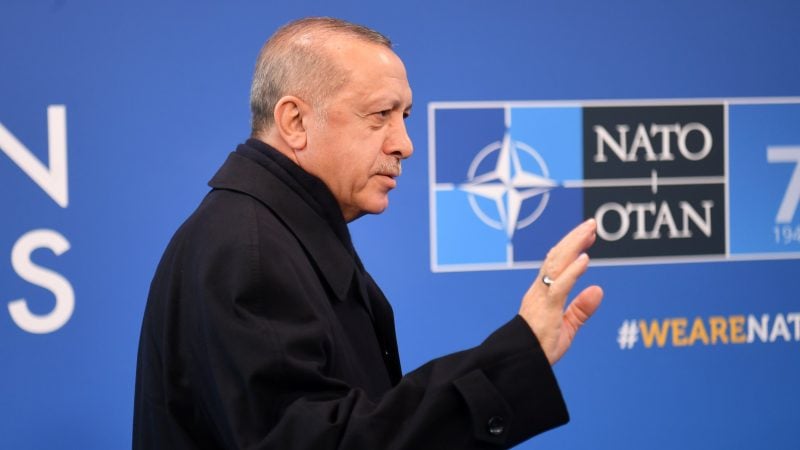
Turkish President Erdogan is under pressure to make concessions to NATO on the issue of admitting Sweden - Photo: EPA
President Erdogan has sometimes frustrated US and European leaders by strengthening economic ties with Moscow, selling drones and other key weapons to both Ukraine and Russia and banning warships from unrelated countries from entering the Black Sea.
Western capitals also fear Mr. Erdogan is sowing division within NATO, of which Türkiye has been a member since the 1950s. Mr. Erdogan is blocking Sweden from joining NATO because of his displeasure with the alleged exile of Kurdish militants in the Nordic country. He has made the extradition of individuals wanted by Ankara a precondition for Stockholm’s membership.
The issue has emerged at the center of a tangled web of tensions between Ankara and Washington and other Western powers. The Biden administration has conditioned the $20 billion sale of F-16s to Türkiye on Erdogan agreeing to let Sweden join NATO. Other leading NATO members are expected to pressure Turkey to agree to alliance expansion ahead of the July summit.
“We are at a standstill. There needs to be a dialogue to start relations with the European Union as well as the United States,” said Gulru Gezer, a former senior Turkish diplomat who served in both Russia and the United States during Erdogan’s previous term.
But for Mr. Erdogan’s longtime supporters, pride in Türkiye’s repositioned position on the world power map far outweighs any financial concerns or foreign policy challenges.
“We see what President Erdogan has done for the country, the bridges, the roads, the defense industry,” said Refika Yardimci, a voter in Istanbul on Sunday. “Before, our country was in a deep hole. But with his decisive stance, he has helped Türkiye rise.”
Nguyen Khanh
Source



![[Photo] Binh Trieu 1 Bridge has been completed, raised by 1.1m, and will open to traffic at the end of November.](https://vphoto.vietnam.vn/thumb/1200x675/vietnam/resource/IMAGE/2025/10/2/a6549e2a3b5848a1ba76a1ded6141fae)








![[Photo] President Luong Cuong receives Turkish Defense Minister Yasar Guler](https://vphoto.vietnam.vn/thumb/402x226/vietnam/resource/IMAGE/2025/9/11/7f1882ca40ac40118f3c417c802a80da)





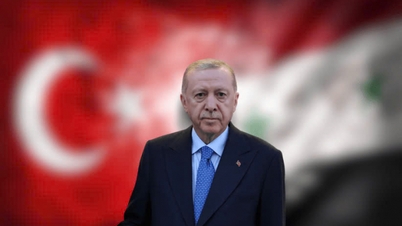






























































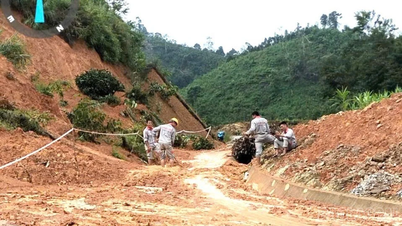

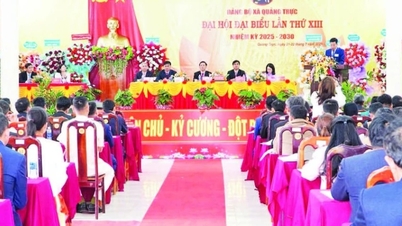

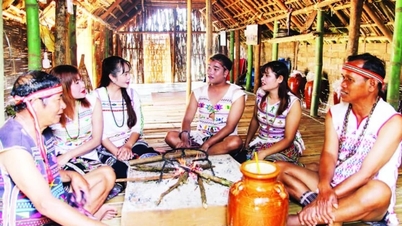

















Comment (0)